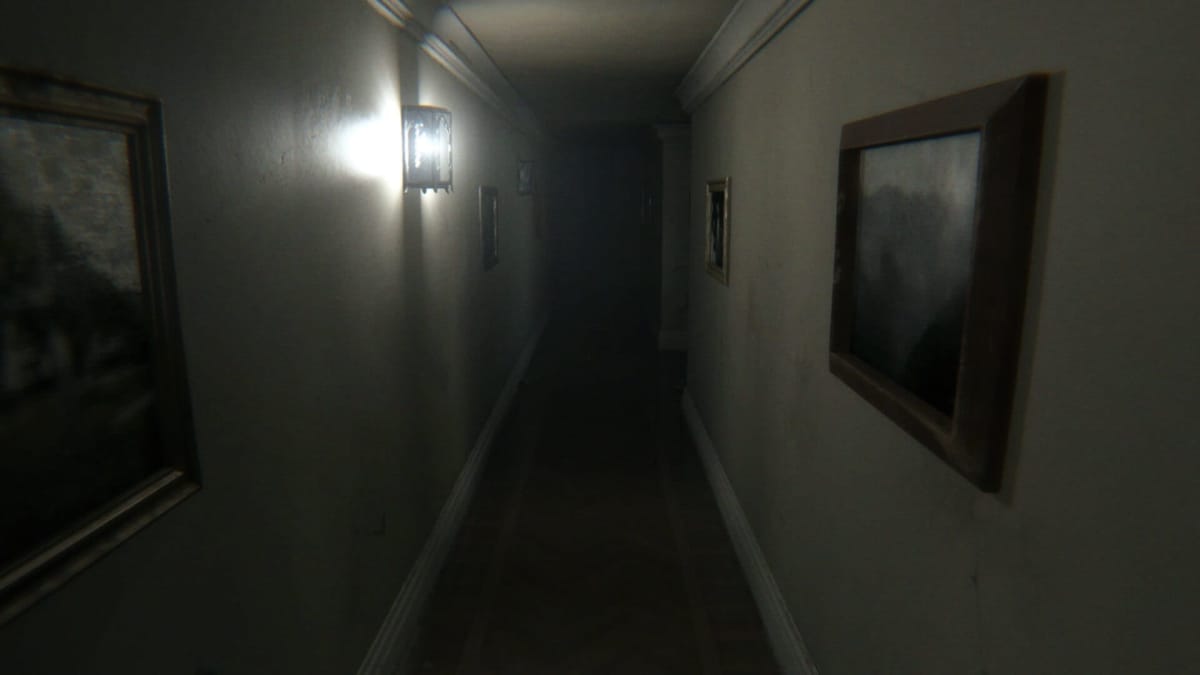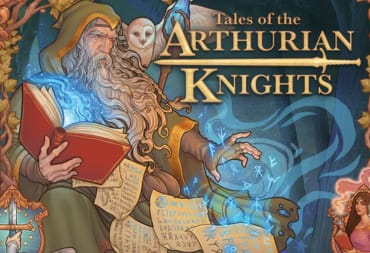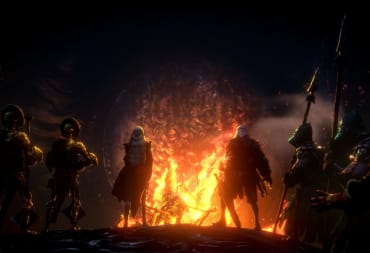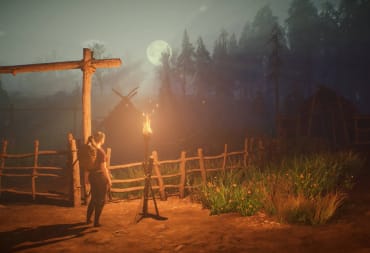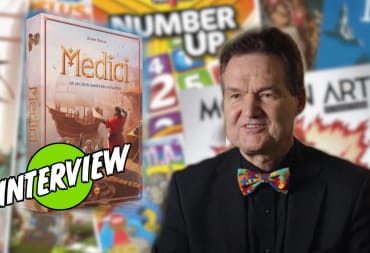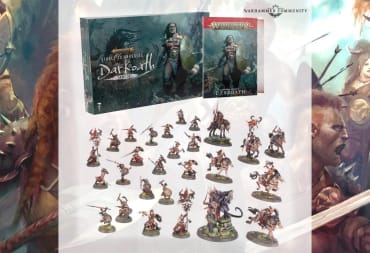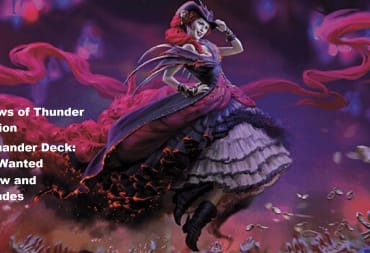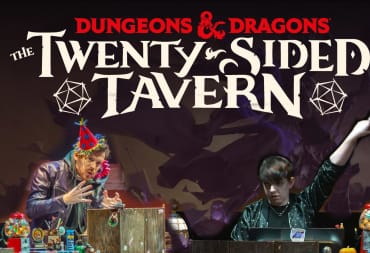Some say that the video game is the perfect medium for horror. Interactivity brings a lot of advantages to the genre, including control-based identification with the player character, responsibility to act under pressure, and the looming threat of a game over. Ever since the golden age of survival horror from the mid-1990s to mid-2000s, horror has remained a popular genre within the gaming world. However, it carries with it a question that other genres don't often face: why do we enjoy it? Philosopher Noël Carroll calls this the paradox of horror. As he puts it, "...why would anyone want to be horrified?" Let's look at three explanations for why some of us find our own fear so entertaining.
Exhilaration
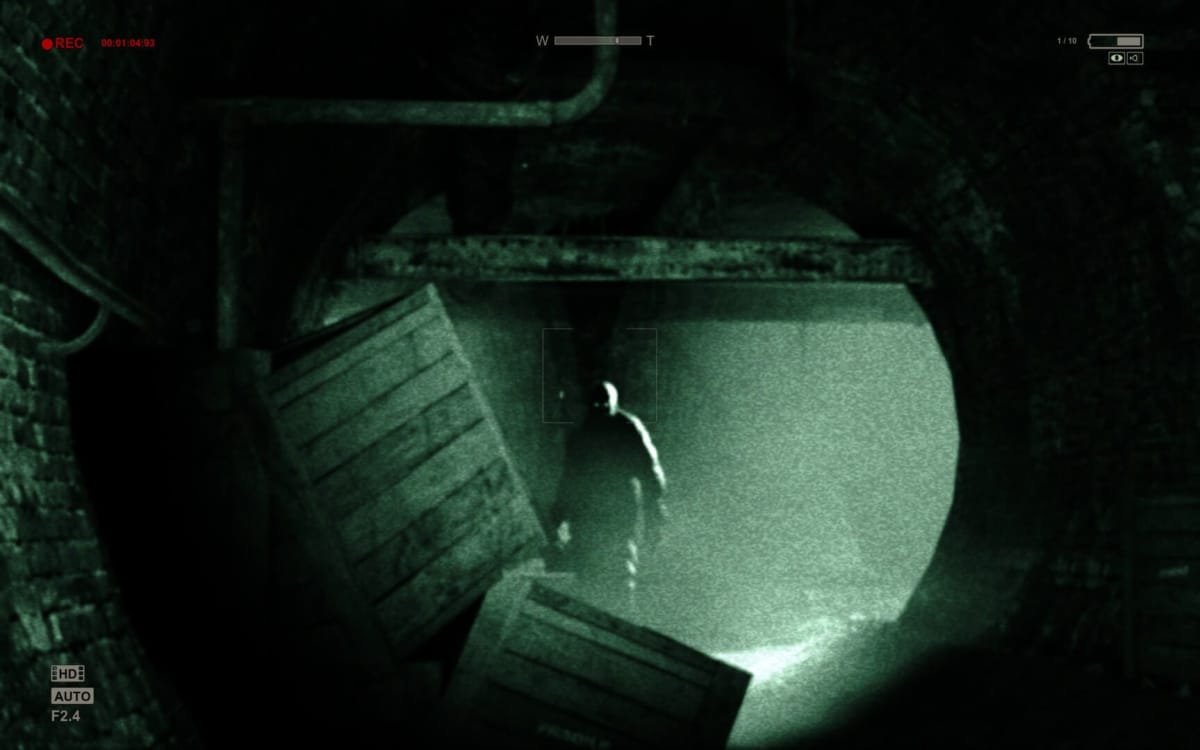
Dr. Margee Kerr has spent much of her career as a sociologist studying why exactly some of us choose to engage with fear-inducing situations, from standing atop extreme heights to attending commercial haunted houses. In her TEDx Talk on the subject, she brings up the threat response:
“...our body is launched into go-mode, our metabolism increases, we’re converting as much energy as we can. All of our attention and all of our resources are reprioritized to focus on being alive. To being strong. To surviving. There’s no time for anxious rumination about the future. We’re grounded in the present, in our bodies. And in the absence of real threat, that can feel pretty good. That can feel exhilarating."
This explanation is often associated with roller coasters. The experience of riding a roller coaster might be scary, but we understand that there is no real (significant) threat, so we get to experience the body's fear response without negative consequences. Kerr also posits that this feeling of exhilaration might be paired with a sense of reward. You've successfully confronted your own fear, so the post-fright rush might be coupled with a feeling of conquest.
Kerr identifies a communal element to fear as well: "Our emotions, in a figurative sense, are kind of contagious. You see your friends scream and laugh, and all of a sudden you’re doing the same.” The pleasurable exhilaration of fear is sometimes easier to find when the experience is shared with others. The intense emotional experience of fear can help to bring us together. For the most part, Kerr brings up shared local experiences, like going to a haunted house with family or exploring an abandoned building with friends. However, it’s not a big step to think that this communal factor be responsible, in part, for the popularity of horror games on streaming platforms.
The Fear Safety Valve
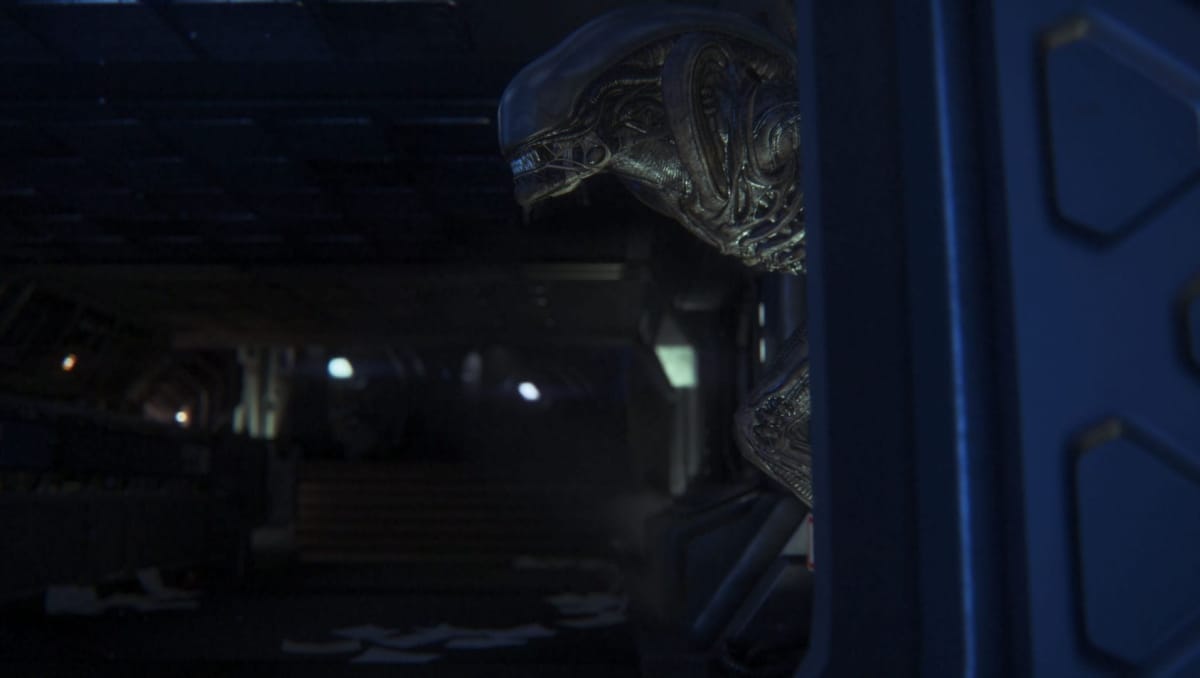
Stephen King discusses the benefit of horror in his 1981 book about the horror genre, The Danse Macabre:
“Those of us who feel more (and see in darker spectrums) may be sick puppies, but we're also lively puppies. Brave puppies, too, because we keep on trucking in the face of everything we know can go wrong. For us, horror movies are a safety valve. They are a kind of dreaming awake, and when a movie about ordinary people living ordinary lives skews off into some blood-soaked nightmare, we're able to let off the pressure that might otherwise build up until it blows sky-high."
In other words, when we experience fictive fear in a controlled environment, it allows us to release anxiety that's accumulated from our more realistic worries and fears. In this way, horror is able to provide us with a sort of catharsis, helping bolster us against the very real threats, big and small, that wear us down every day. King suggests that this is the reason why some of us are more attracted to horror than others, as some people "see in darker spectrums," and may get a more cathartic experience.
There may also be a comparative element at play. I might be stressing out about a big project, or maybe I'm nervous about an upcoming meeting, but how do those fears stack up against the thought of exploring Silent Hill's Alchemilla Hospital or fleeing from a group of living mannequins in Condemned: Criminal Origins? Even though I know those are fictional experiences, suddenly my other worries don't seem so bad. In this way, horror helps us release our pent-up anxiety while also making our current worries seem not quite so dire.
Narratives of Disclosure
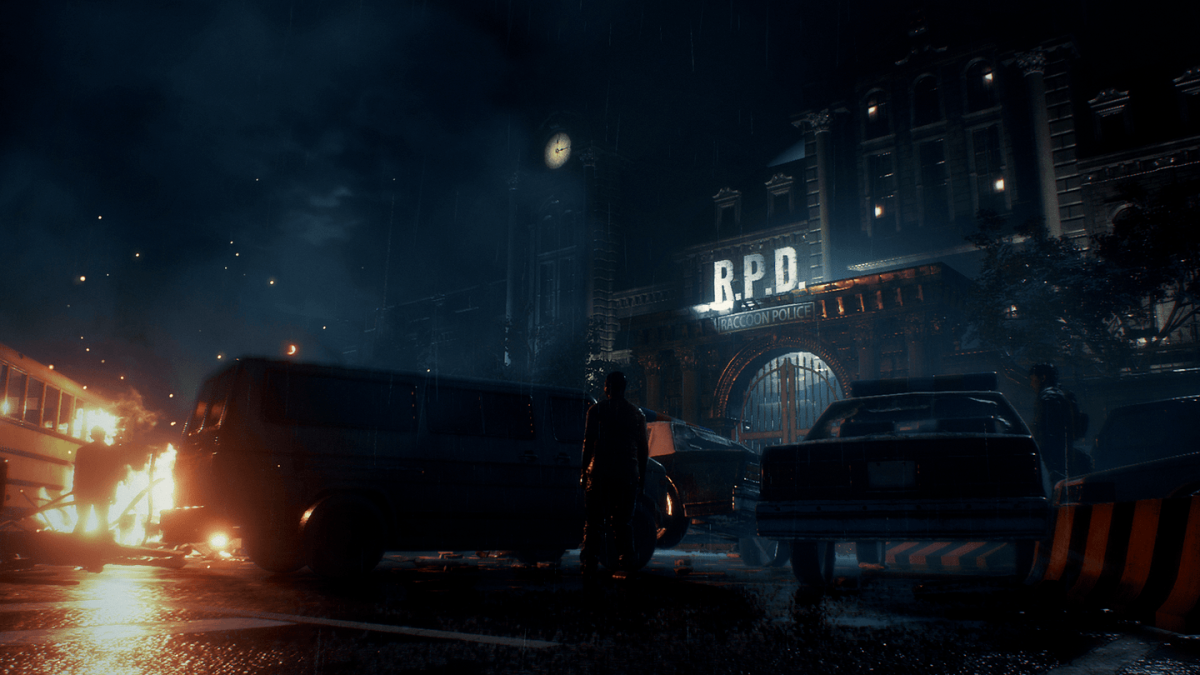
Noël Carroll tackles the question of why we enjoy horror in his work The Philosophy of Horror, or Paradoxes of the Heart. In it, he offers a slightly different answer—one that's rooted not in fear itself but in the kinds of stories to which horror often lends itself. In short, Carroll argues that the horror genre naturally appeals to our curiosity. He writes:
“...to a large extent, the horror story is driven explicitly by curiosity. It engages its audience by being involved in processes of disclosure, discovery, proof, explanation, hypothesis, and confirmation...Horror stories, in a significant number of cases, are dramas of proving the existence of the monster and disclosing (most often gradually) the origin, identity, purposes and powers of the monster...we are attracted to the majority of horror fictions because of the way the plots of discovery and the dramas of proof pique our curiosity.”
In short, horror is often tied to mystery, and many of us enjoy mysteries because they appeal to our curiosity. Carroll specifically mentions monsters, which makes sense if you're thinking mostly in terms of film. However, in horror games, the real monsters are often the spaces we find ourselves exploring. A ghost ship adrift in space. An eerie, abandoned town. A blood-soaked police station. If we think of horror games as narratives that center around slowly discovering more about these monstrous spaces, then it seems like a convincing explanation for why we might enjoy horror. The appealing mystery element is a natural side effect of the types of stories that tend to emerge within the genre.
What's Your Reason?
Not everyone likes horror, and those that do might enjoy it for different reasons. Are you in it for the rush? For catharsis? Does the mystery pull you in? Or maybe you have another explanation altogether. Whatever your reason, we can all agree that there's a certain magic to a great horror game, just as there is for a great scary story told around the campfire. A magic that just might make you hesitate before turning off the lights.
Are you a horror fan? If so, what scares you, and why do you keep coming back for more? Share below!
Have a tip, or want to point out something we missed? Leave a Comment or e-mail us at tips@techraptor.net
